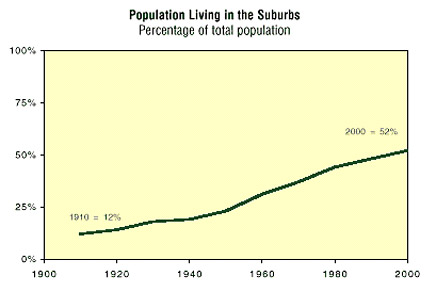I recently read Channeling Elvis: How Television Saved the King of Rock 'n' Roll by Allen J. Wiener. I previously posted on the technological infrastructure that was in place by 1958 that was involved in the Elvis phenomenon. I also posted on the culture that allowed the Elvis phenomenon to occur. Finally, I posted ideas about why Elvis lead the Rock and Roll revolution, and what there was about America at the time that allowed Elvis to do that. I had intended those to be my only posts on the book, but I find I have another, so here goes.
Yesterday I watched a TV discussion by Marilyn Irvin Holt on "Politics and Childhood During the Cold War". One of her points was that after World War II, Americans invested heavily in the new generation of children. She noted that they had similarly invested in children after World War I and the Civil War -- that such an investment in children may be a natural way for a country to follow a war. I think it was young people in the late 1950s who formed the first audience for Elvis and Rock and Roll. Maybe there was some relationship between the heavy investment these young people had had made in them which made them ready for a new music.
The 1920s been called the Jazz Age. A new music came out of Louisiana and its black communities and swept young people in the USA, and indeed in much of the world. Is there as parallel with Rock and Roll which also came from the south, from roots in the black community, and followed a World War? Rock and Roll came a little later after the war than did Jazz, the Charleston, and similar music, but then after World War II, in quick succession followed the beginning of the Cold War and the Korean War; they may have delayed a youthful demand for new music.
UNESCO was created after World War II, with the purpose of building the defenses of peace in the minds of men (because it is in the minds of men that wars start). The Allies who won the war had noted that the Nazis and the Fascists had worked hard to indoctrinate children into their ideologies, including introducing their propaganda into schools and text books. One of the first projects undertaken by UNESCO in Europe was to scrub the text books of that propaganda. I suspect that many teachers after the war sought to help kids learn how to think for themselves and avoid being excessively influenced by such propaganda. Indeed, Historian Holt suggests that there was an effort during the Cold War to help children think for themselves; the generation that went out on the streets to protest racial segregation and the Vietnam War (that of the 1960s) certainly seemed to me to think for themselves, rejecting many (bad) ideas of their elders.
The Growth of the Suburbs
 |
| Source |
 |
| Source |
Other Factors Dismissed
There was concern among politicians at that time that there was a wave of "juvenile delinquency". Was there such a crime wave? The following graph suggests that there was not. Thus it seems improbable that serious juvenile crime was in any way related to the Elvis phenomenon.
 |
| Source |
So too, the rise of Elvis and Rock and Roll seems to have preceded the rise of the use of illegal drugs in the USA. While the graph below is about numbers of people in prison and jail, it is suggestive. After the announcement of the "War on Drugs" the numbers shot up, and especially after the "Sentencing Reform Act" was passed, but there was no similar increase from 1940 to 1970. If there had been a big increase in drug use in the late 1950s and early 1960s one might have expected there to have been an increase in arrests, convictions, and people in jail.
 |
| Source |


No comments:
Post a Comment